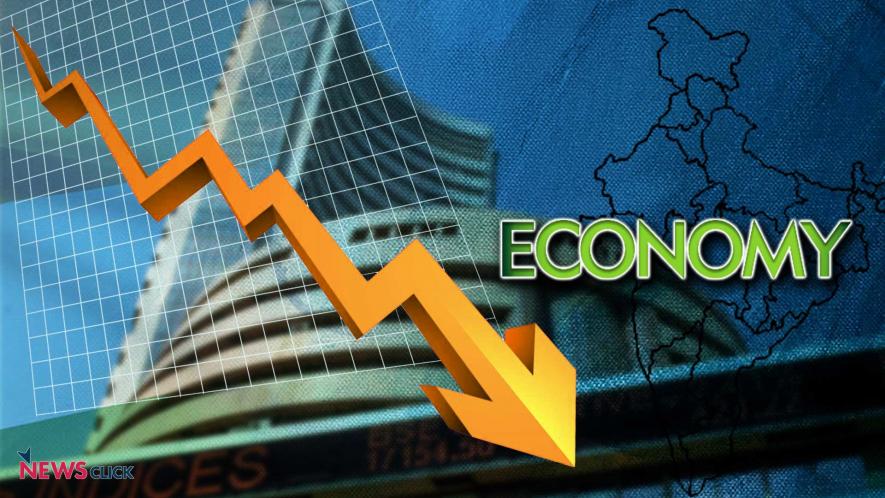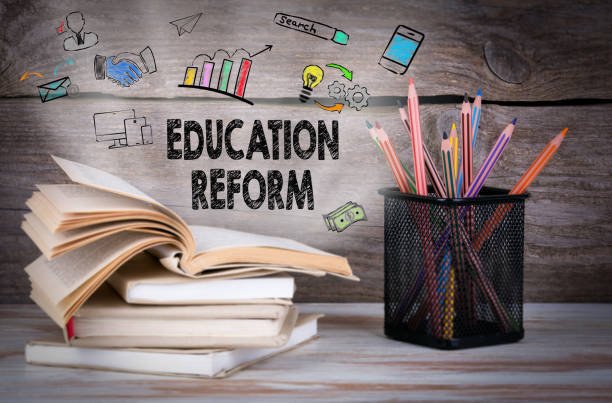Editorial
The recent ceasefire resolution under Article 25 of the UN Charter calling for an immediate ceasefire between Israel and Hamas, the US State Department spokesperson’s statement, and the subsequent Israeli airstrikes have highlighted the growing importance of social media in modern-day politics. While the US abstention is seen as a reflection of increasing political frustration with Israeli intransigence, the use of social media by Palestinians has played a critical role in exposing the brutal reality of the situation on the ground.
However, the rise of social media has also opened up the possibility of fake news, destructive campaigns, and malicious attacks on individuals and institutions without giving them the option of defence or response. While banning social media networks may not be the solution, the stakeholders must ensure that the process of privatization is fully transparent, with little prospect of litigation, as has happened with Pakistan Steel Mills. The recent decisions in the cases of Zulfikar Ali Bhutto and Justice Shaukat Siddiqui demonstrate that justice may be delayed, but it is still rendered.
In this context, it is essential to acknowledge that social media has rendered any attempt to squash resistance or debate on any issue redundant. Muzzling mainstream media has not succeeded, as it is now taking a back seat to information on social media. Therefore, it would be far more productive to harness social media than to muzzle it or take punitive measures against its users, many of whom are not even residents of this country.
Concludingly, while the recent events in the Middle East have highlighted the role of social media in modern-day politics, it is equally crucial to recognize the power of social media to spread fake news, carry out destructive campaigns, and malign individuals and institutions without giving them the option of defence or response. Therefore, stakeholders must ensure transparency and accountability in decision-making processes to prevent litigation and maintain public trust. Harnessing social media’s potential constructively and responsibly can lead to positive change and promote socio-economic progress in the country and beyond.
Please, subscribe to the YouTube channel of republicpolicy.com

















